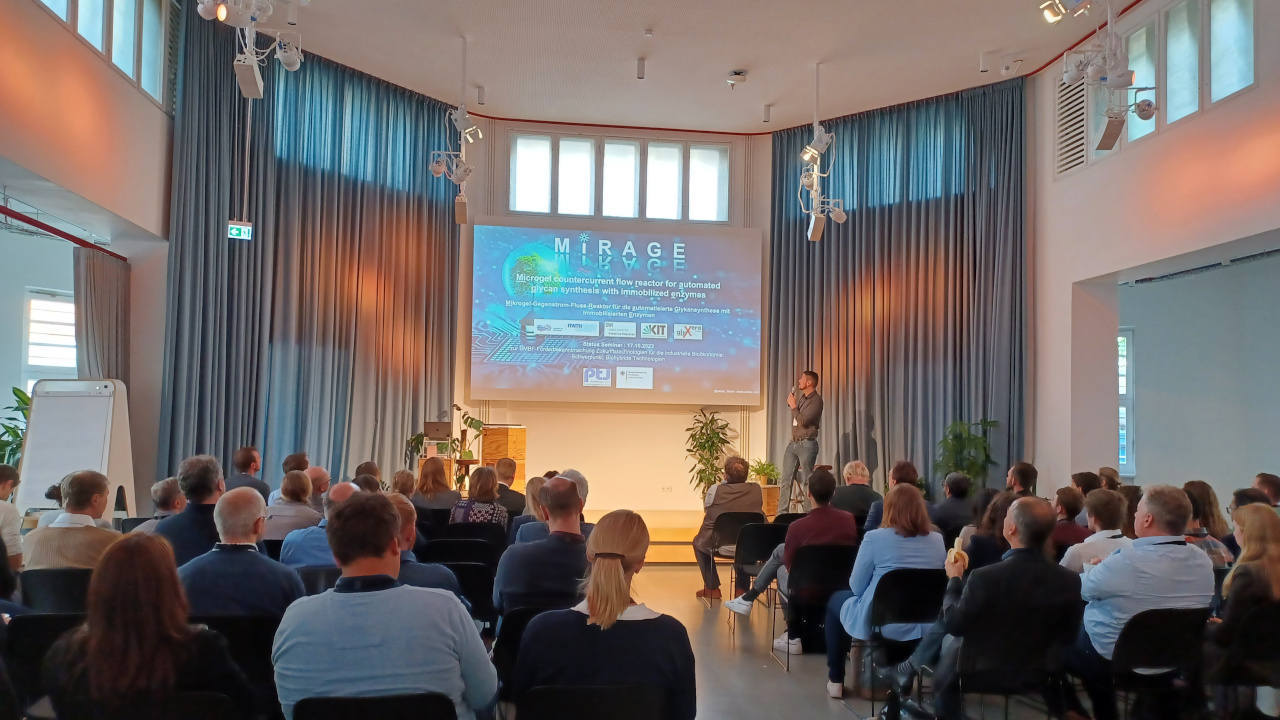AI for more sustainability
The Institute for Innovation and Technology has investigated the opportunities and risks of self-learning algorithms for the environment.

Sustainability and Artificial Intelligence (AI) are two megatrends in the economy. The Institute for Innovation and Technology (IIT) in Berlin has now carried out a study on behalf of the Federal Environment Agency to analyze where these trends could possibly collide or mutually enrich each other. The result was six scenarios with the respective starting points for a modern environmental policy.
Taking social added value into account
"Europe and its member states are currently engaged in a broad debate on how to deal adequately with AI," explains Tobias Jetzke of IIT. On the one hand, it is a matter of setting clear impulses for promotion and innovation policy in order to confidently counter the current knowledge and technology leadership of countries such as China and the USA and to secure the competitiveness of the local economy. On the other hand, in addition to technology development, ethical aspects of artificial intelligence must also be integrated and not only economic, but also social added value must take center stage.
Assessment of sustainability potential
"The study provides an initial assessment of future sustainability potential," sums up IIT researcher Stephan Richter. It should "serve as a basis for further discussion, including the design of the digital environmental policy agenda of the Federal Ministry for the Environment, Nature Conservation and Nuclear Safety, the cornerstones of which were presented at this year's re:publica".
Shaping change in an environmentally compatible way
Sylvia Veenhoff, who supervised the study, explains the Federal Environment Agency's interest in AI: "The Federal Environment Agency sees itself as an early warning system that investigates new emerging technologies such as artificial intelligence for possible future impairments of humans and the environment at an early stage, suggests practicable solutions and knows how to exploit the opportunities of these technologies for the environment". According to the study, in practice this means making the changes brought about by the new AI possibilities environmentally compatible. In addition, the new potentials should be promoted in such a way that they enable sustainable socio-ecological innovations.
bl/um


